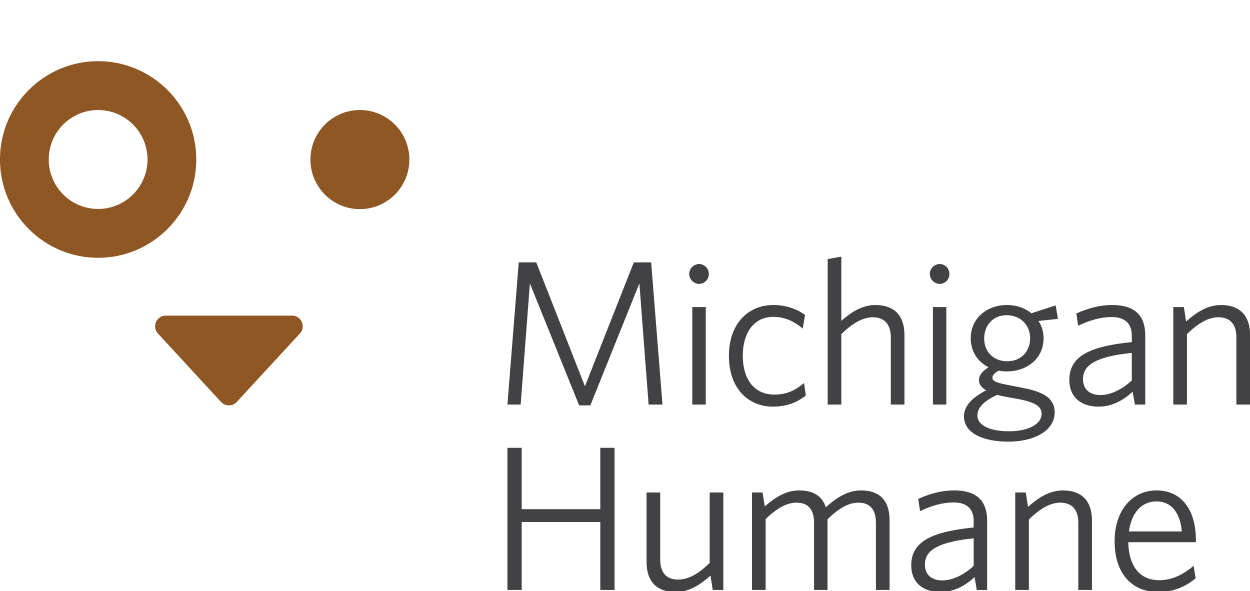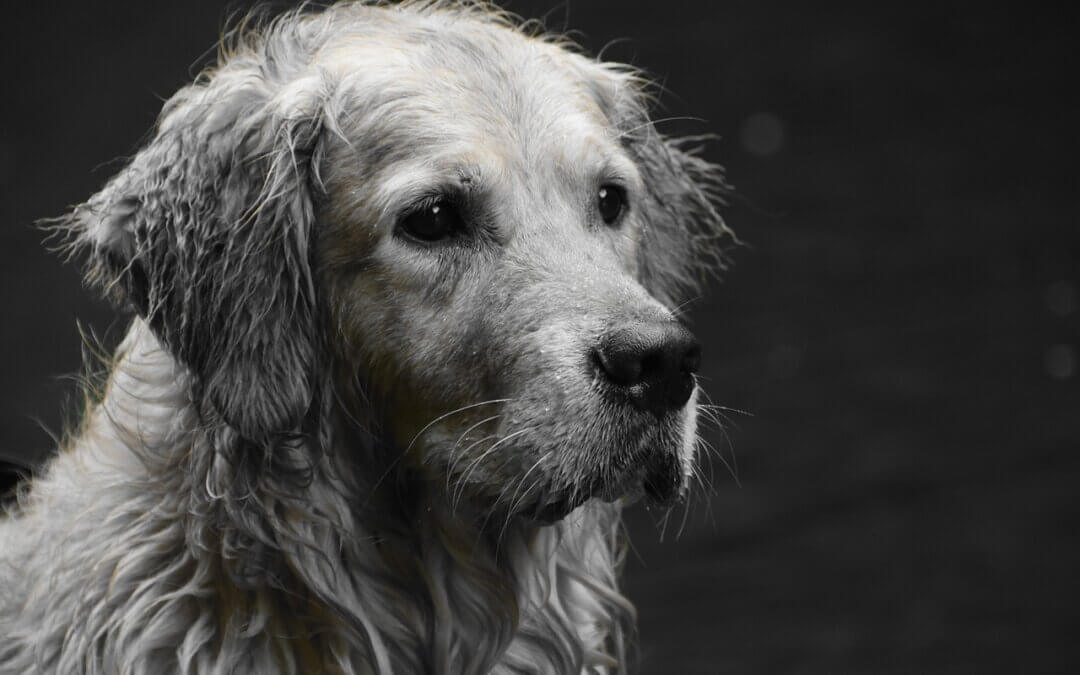“Golden Retriever #142” suffered for months in a commercial breeding facility in Iowa. She was severely emaciated and was not provided with food, water, or veterinary care. Inspectors from the U.S. Department of Agriculture (USDA) were aware of her condition, but they left her in the hands of her owner, a USDA-licensed breeder, who had accrued almost two hundred federal Animal Welfare Act (AWA) violations noted in inspection reports in less than two years of operation. When inspectors returned months later, Golden Retriever #142 was in such poor condition that she had to be euthanized. When the USDA failed to protect the dogs in this breeder’s facilities, the Department of Justice intervened and, with the help of the Animal Rescue League of Iowa, the ASPCA, and other organizations, removed more than 500 dogs from deplorable conditions.
Commercial dog breeding facilities that put profits over animal welfare are referred to as puppy mills. Although the dogs in these facilities are, in theory, guaranteed a minimum standard of care by the AWA, these facilities are notorious for causing animal suffering and producing puppies to be sold as pets that have serious physical, behavioral, and genetic issues.
Michigan Humane has fought puppy mills by supporting retail pet sale bans in Royal Oak and St. Clair Shores. In the 2017-18 legislative session, Michigan Humane fought the passage of two bills that would have made it easier for puppy mills to sell puppies through retail pet stores. Then-Governor Snyder vetoed those bills.
While these efforts may make it harder for puppy mills to find retail outlets for the puppies they breed, the real problem lies with the USDA’s lax enforcement of the AWA, which allows the commercial dog breeding industry’s abusive practices to persist. The AWA gives the USDA enforcement authority, which is carried out by the Animal Care (AC) division of the USDA’s Animal and Plant Health Inspection Service (APHIS). Commercial dog breeders with more than four breeding females that sell puppies sight unseen through retail stores and online are required to be licensed by the USDA and are subject to the minimal standards set by the AWA and related regulations.
The USDA is supposed to enforce the AWA through its inspections of licensed facilities. However, starting in 2017, noted violations on inspection reports dropped dramatically and have remained low. This is not due to increased compliance by breeders but by policies that result in underreporting violations, such as the agency’s policy against noting violations of standards related to veterinary care; offering “courtesy visits,” which do not result in any violations being reported; and the now-discontinued “teachable moments” program, which allowed inspectors to leave some noncompliant items out of inspection reports.
Even when violations were noted, enforcement action was not taken, although the USDA is authorized to ensure compliance with the AWA through a variety of mechanisms. For example, in 2022, inspectors noted more than 800 violations at inspected commercial breeding facilities, but no dogs were seized, no breeder’s license was suspended or revoked, and no penalties or fines were imposed. The USDA’s Office of Inspector General (OIG) has conducted audits identifying many concerning deficiencies in the USDA’s administration of the AWA.
The suffering and death of Golden Retriever #142 was preventable. Federal legislation has been introduced that would require the USDA to effectively enforce the AWA. The legislator who initially introduced the bill gave Golden Retriever #142 the name Goldie. The bill is called Goldie’s Act in her honor.
Michigan Humane is working with the ASPCA to support Goldie’s Act. If passed, Goldie’s Act will require the USDA to conduct annual inspections and any necessary follow-up inspections to ensure compliance with the AWA, to fully document violations and share that information with state and local law enforcement, to confiscate or euthanize any animals found to be suffering, and to issue penalties for AWA violations. Initially introduced in the House, a companion bill is expected to be introduced in the Senate in the near future.
We are going to keep working to improve animal welfare and create a more humane community while serving as a voice for the animals through advocacy. Together, we can continue to make a difference in animals’ lives. If you know someone who you think would be interested in this information, please forward this to them and encourage them to sign up for our Legislative Action Network.

